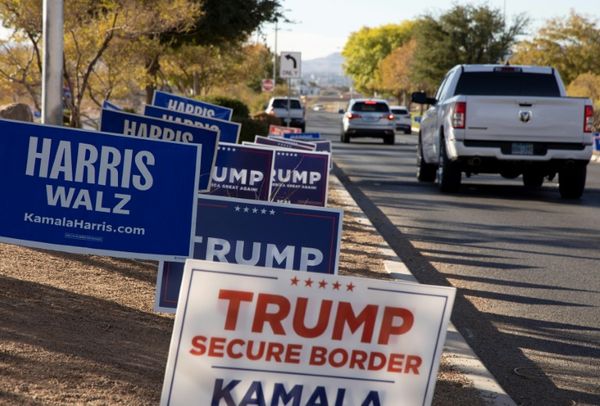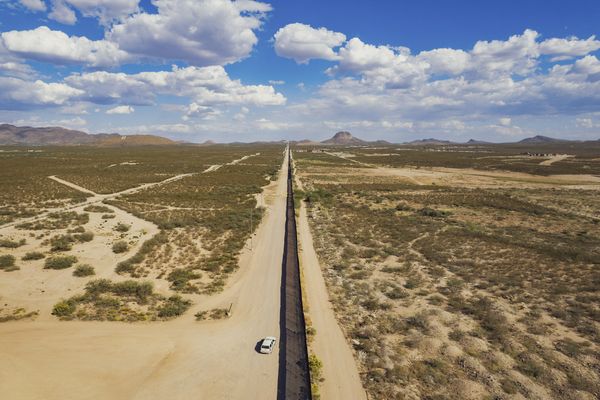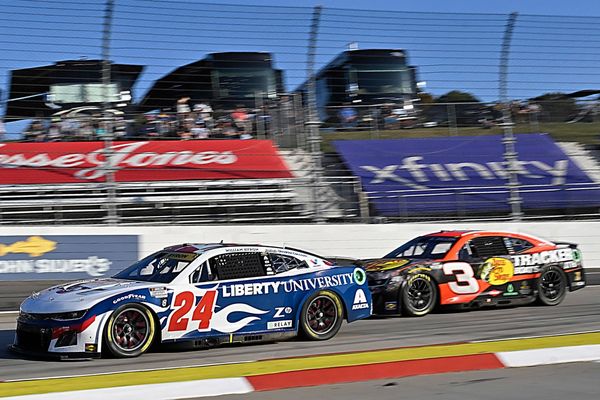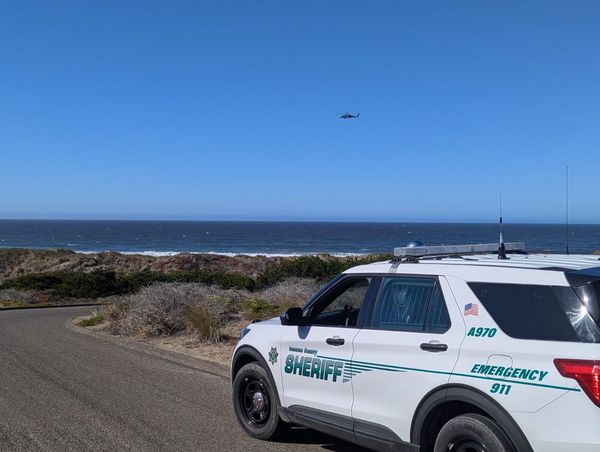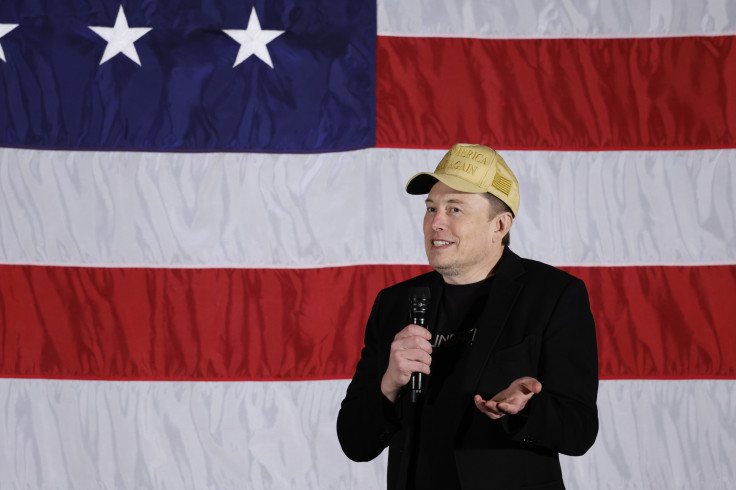
Former President and GOP candidate Donald Trump is seemingly distancing himself from Elon Musk's latest electoral project, saying he hasn't "followed" the initiative that will dole out $1 million a day while also praising the billionaire who has already committed $70 million to help his campaign.
Musk, the billionaire founder of Tesla and Space X and owner of X— formerly Twitter— has made headlines recently as he fully immerses himself into the political world, putting his astonishing wealth behind the former President. In his latest scheme, Musk is pledging to give away $1 million a day to voters for signing his political action committee's petition backing the Constitution.
The new giveaway is a new version of a similar offer he did in early October from his America PAC.
Musk said Saturday the goal is to get between 1 million and 2 million voters in battleground states to sign the petition "because I think this sends a crucial message to our elected politicians to, you know, care about the outcome in battleground states."
The first million dollar check was given Saturday to a man in Harrisburg, Pennsylvania named John Dreher. The PAC's petition includes support for the First Amendment of the Constitution, which protects freedom of speech, and the Second Amendment, with its right "to keep and bear arms."
Another check was given out on Sunday.
As the pledge continues, legal and political experts alike are raising their red flags, arguing that the practice may be crossing the boundaries of the law.
Trump himself, for instance, has not commented on the legality of the giveaways, but still seems to be keeping his distance from them. Asked about it Sunday, he said, "I haven't followed that." However, he still took the time to praise the man that has given millions to his reelection bid, saying Musk is "a great man with a great tough and a great feel for what's going on."
Brendan Fischer, a campaign-law expert who thought a previous version of the payouts was acceptable, told The New York Times that this iteration "comes much closer to the legal line," given that the payout is conditioned on registering to vote. Federal law makes it a crime to pay, offer to pay or accept payment for registration to vote or for voting. But, there are some exceptions, such as driving people to the polls, the outlet detailed.
"There would be few doubts about the legality if every Pennsylvania-based petition signer were eligible, but conditioning the payments on registration arguably violates the law," Fischer explained.
Rick Hasen, a UCLA Law School political science professor, even pointed to a law that prohibits paying people for registering to vote or for voting, The Associated Press reports.
"If all he was doing was paying to sign the petition, that might be a waste of money. But there's nothing illegal about it," Hasen said in a telephone interview. "The problem is that the only people eligible to participate in this giveaway are people who are registered to vote. And that makes it illegal."
© 2024 Latin Times. All rights reserved. Do not reproduce without permission.

